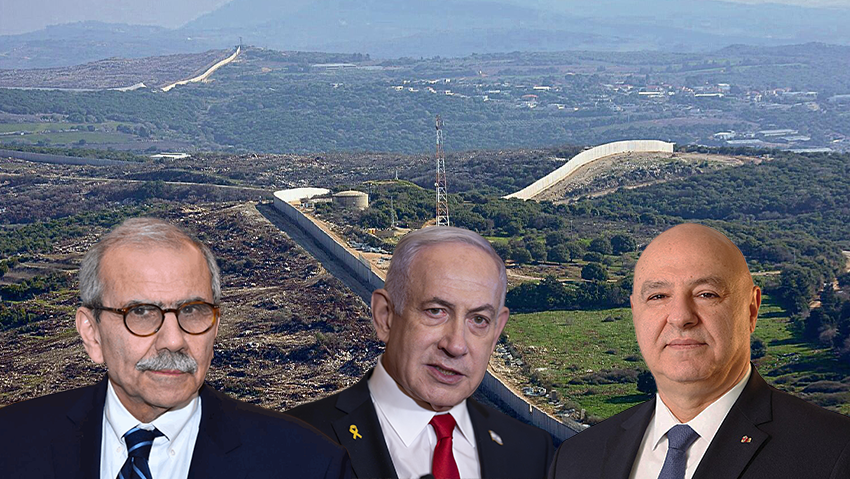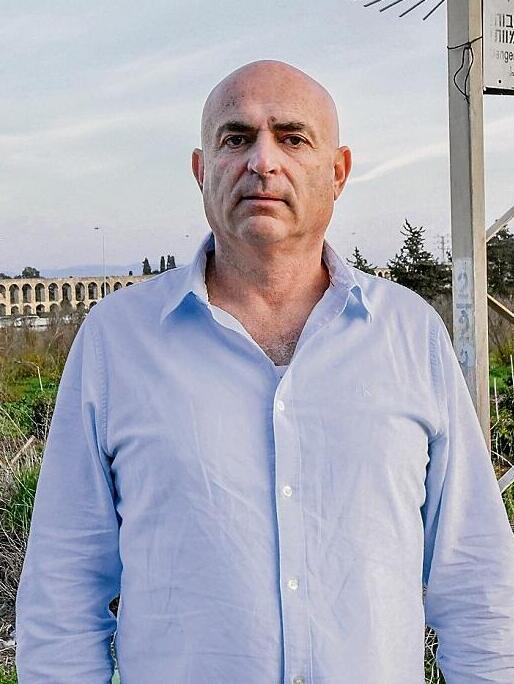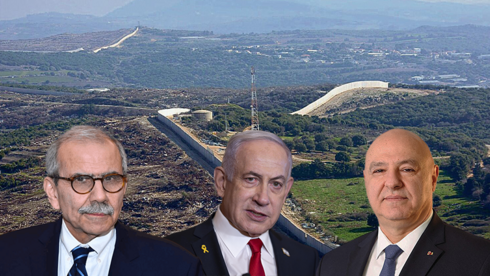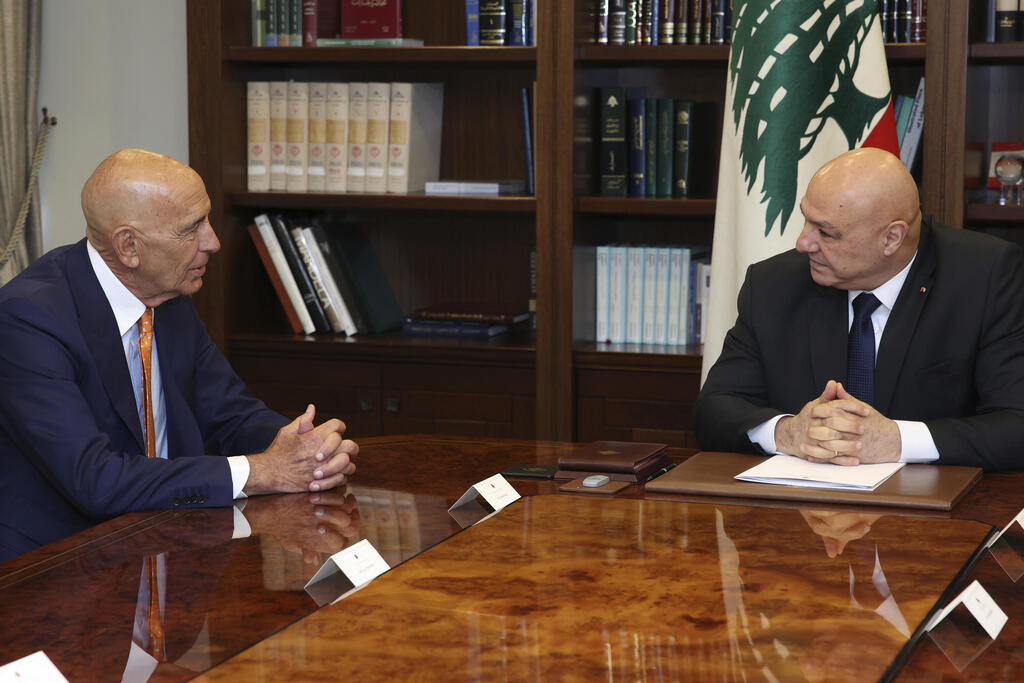Officials warned that the move is premature and risks undermining the fragile sense of security just beginning to take hold along the border.
2 View gallery


Nawaf Salam, Benjamin Netanyahu, and Joseph Aoun
(Photo: Yair Kraus, Yossi Meir, AFP, AP/J. Scott Applewhite)
But northern leaders denounced the announcement as dangerous. Moshe Davidovich, head of the Mateh Asher Regional Council and chairman of the Confrontation Line Forum, warned: “This is not the time to announce a withdrawal or policy shift. Residents of the confrontation line only recently began returning home, and many are still debating whether it’s safe. Such a premature declaration risks undermining the stability being built step by step and weakening residents’ sense of security. Now is the time to strengthen the border and the communities — not inject new uncertainty.”
Asaf Langleben, head of the Upper Galilee Regional Council, also urged caution: “The State of Israel must guarantee the security of the north’s residents — both those who just returned home and those who endured constant fire throughout the war. We expect the state to act from a comprehensive security outlook and wait a significant amount of time before changing policy, because even now we witness violations every single day.”
 Moshe Davidovich, head of the Mateh Asher Regional Council and chairman of the Confrontation Line ForumPhoto: Nachum Segal
Moshe Davidovich, head of the Mateh Asher Regional Council and chairman of the Confrontation Line ForumPhoto: Nachum SegalKiryat Shmona Mayor Avichai Stern offered the harshest criticism: “Is Israel once again embracing the same concept that cost the lives of thousands of citizens and soldiers? It seems Israel has forgotten Oct. 7, but our enemies have not abandoned their plan to conquer the Galilee and slaughter its residents, from infants to the elderly.”
The talks came amid mixed reports in Lebanese media about progress in negotiations. According to Lebanon’s Al-Jadeed TV, during a meeting in Paris between Israeli Minister Ron Dermer and Barrack, Israel delivered its response to a U.S.-drafted proposal designed to address Lebanese domestic issues and establish security understandings with Jerusalem. Lebanese outlets described Israel’s stance as a “rejection of the Barrack plan,” saying Jerusalem agreed only to parts of it.
Reports said Israel gave preliminary approval to gradually halt targeted strikes and withdraw from certain areas, as well as to resolve the issue of Lebanese prisoners. But Jerusalem also demanded that destroyed villages along the border not be repopulated and instead be turned into an uninhabited industrial buffer zone.





